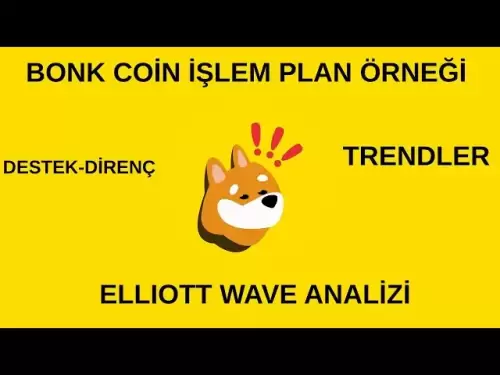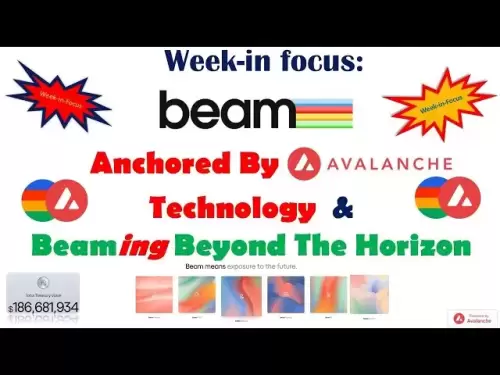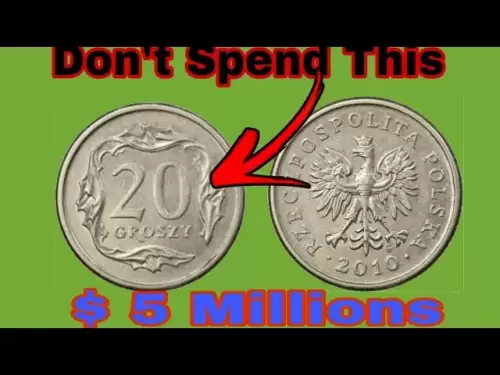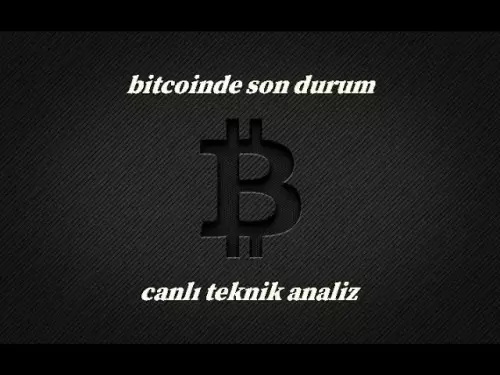-
 Bitcoin
Bitcoin $108,562.4295
0.46% -
 Ethereum
Ethereum $2,533.9553
1.52% -
 Tether USDt
Tether USDt $1.0002
-0.01% -
 XRP
XRP $2.2542
2.23% -
 BNB
BNB $662.4567
1.48% -
 Solana
Solana $151.4114
3.48% -
 USDC
USDC $0.9999
0.00% -
 TRON
TRON $0.2860
0.91% -
 Dogecoin
Dogecoin $0.1685
3.72% -
 Cardano
Cardano $0.5809
1.63% -
 Hyperliquid
Hyperliquid $39.2916
1.85% -
 Sui
Sui $2.8874
0.85% -
 Bitcoin Cash
Bitcoin Cash $496.5801
2.72% -
 Chainlink
Chainlink $13.3582
2.48% -
 UNUS SED LEO
UNUS SED LEO $9.0279
0.07% -
 Avalanche
Avalanche $18.0773
2.30% -
 Stellar
Stellar $0.2426
3.05% -
 Toncoin
Toncoin $2.9086
6.01% -
 Shiba Inu
Shiba Inu $0.0...01170
2.97% -
 Hedera
Hedera $0.1587
3.47% -
 Litecoin
Litecoin $87.4596
1.13% -
 Monero
Monero $317.0425
0.73% -
 Polkadot
Polkadot $3.3778
1.90% -
 Dai
Dai $0.9999
-0.01% -
 Ethena USDe
Ethena USDe $1.0001
-0.01% -
 Bitget Token
Bitget Token $4.4095
0.63% -
 Uniswap
Uniswap $7.3593
6.80% -
 Pepe
Pepe $0.0...09910
3.64% -
 Aave
Aave $274.7388
2.68% -
 Pi
Pi $0.4607
0.48%
How do I track my altcoin transactions?
To monitor altcoin transactions effectively, utilize blockchain explorers to view transaction histories, exchange accounts for detailed tracking, and third-party tools and apps for enhanced features and security.
Jan 07, 2025 at 03:12 am
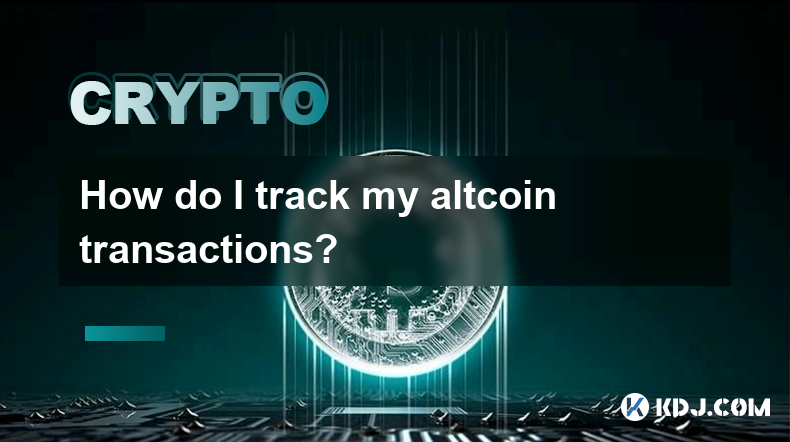
Key Points:
- Understand the different types of altcoin wallets.
- Use blockchain explorers to track transactions.
- Monitor transactions through exchange accounts.
- Leverage third-party tracking tools and apps.
- Practice security measures to protect altcoin funds.
How to Track Your Altcoin Transactions
1. Understand Altcoin Wallets:
Altcoin wallets store your private keys and allow you to manage your funds. Choose a wallet that supports the specific altcoins you own. Types of wallets include:
- Hardware wallets: Physical devices that store keys offline, providing enhanced security.
- Software wallets: Mobile or desktop applications that offer convenience and accessibility.
- Online wallets: Web-based services that store keys online, but may be less secure than hardware or software wallets.
2. Track Using Blockchain Explorers:
Blockchain explorers allow you to view transaction history for any altcoin. To track a specific transaction:
- Copy the transaction hash or TXID from your wallet or exchange.
- Visit a blockchain explorer for the specific altcoin (e.g., Etherscan for Ethereum).
- Paste the TXID into the search bar and click "Search."
- View details such as transaction status, sender, recipient, amount, and time.
3. Monitor Transactions through Exchange Accounts:
Most altcoin exchanges provide transaction histories on their platforms. To track transactions through an exchange:
- Log in to your exchange account.
- Navigate to the "Transactions" or "Order History" section.
- Filter transactions by type (deposits, withdrawals, trades) or date range.
- View details such as transaction time, amount, fees, and status.
4. Leverage Third-Party Tracking Tools and Apps:
Various third-party tools and apps offer additional features for tracking altcoin transactions:
- Cryptocurrency portfolio trackers: Track multiple altcoins in one place and receive real-time updates.
- Transaction confirmation checkers: Quickly verify if a transaction has been confirmed on the blockchain.
- Mobile wallets with tracking features: Combine wallet storage and convenient transaction tracking.
5. Practice Security Measures:
Protect your altcoin funds by implementing security measures:
- Use strong passwords and enable two-factor authentication (2FA) for your wallet.
- Keep your private keys safe and avoid storing them online.
- Be cautious of phishing emails and websites that attempt to steal your credentials.
- Regularly update your altcoin wallets and software to address any vulnerabilities.
FAQs:
Q: Can I track altcoin transactions anonymously?
Blockchain explorers may allow you to view transaction details without knowing the identity of the sender or recipient. However, exchanges typically require user verification, making anonymous tracking difficult.
Q: How long does it take for altcoin transactions to be confirmed?
Transaction confirmation times vary depending on the altcoin network and transaction fees. Confirmation times can range from a few seconds to several hours or days.
Q: Can I track altcoin transactions for multiple addresses?
Yes, blockchain explorers and portfolio trackers allow you to track transactions associated with multiple addresses by entering the relevant addresses or importing your wallet.
Disclaimer:info@kdj.com
The information provided is not trading advice. kdj.com does not assume any responsibility for any investments made based on the information provided in this article. Cryptocurrencies are highly volatile and it is highly recommended that you invest with caution after thorough research!
If you believe that the content used on this website infringes your copyright, please contact us immediately (info@kdj.com) and we will delete it promptly.
- Coin-Flipping Chaos: A Look at Pokémon TCG's Luckiest (and Riskiest) Cards & Deck Ranking
- 2025-07-07 05:10:12
- Crypto Coins, DEXTools, and the Trending Triumvirate: Jupiter, Kamino, and Wormhole
- 2025-07-07 05:10:13
- Ethereum's Evolution: Gas Limits, Vitalik Buterin, and the Institutional Embrace
- 2025-07-07 05:30:12
- Pepe Coin vs. LILPEPE: Price Predictions and the Future of Meme Coins
- 2025-07-07 05:35:13
- Litecoin, HBAR, and Altcoins: Navigating the Crypto Landscape in 2025
- 2025-07-07 04:30:13
- CZ, TON, and the UAE Golden Visa: Is It Too Good to Be True?
- 2025-07-07 05:40:12
Related knowledge

How to customize USDT TRC20 mining fees? Flexible adjustment tutorial
Jun 13,2025 at 01:42am
Understanding USDT TRC20 Mining FeesMining fees on the TRON (TRC20) network are essential for processing transactions. Unlike Bitcoin or Ethereum, where miners directly validate transactions, TRON uses a delegated proof-of-stake (DPoS) mechanism. However, users still need to pay bandwidth and energy fees, which are collectively referred to as 'mining fe...

USDT TRC20 transaction is stuck? Solution summary
Jun 14,2025 at 11:15pm
Understanding USDT TRC20 TransactionsWhen users mention that a USDT TRC20 transaction is stuck, they typically refer to a situation where the transfer of Tether (USDT) on the TRON blockchain has not been confirmed for an extended period. This issue may arise due to various reasons such as network congestion, insufficient transaction fees, or wallet-rela...

How to cancel USDT TRC20 unconfirmed transactions? Operation guide
Jun 13,2025 at 11:01pm
Understanding USDT TRC20 Unconfirmed TransactionsWhen dealing with USDT TRC20 transactions, it’s crucial to understand what an unconfirmed transaction means. An unconfirmed transaction is one that has been broadcasted to the blockchain network but hasn’t yet been included in a block. This typically occurs due to low transaction fees or network congestio...

How to check USDT TRC20 balance? Introduction to multiple query methods
Jun 21,2025 at 02:42am
Understanding USDT TRC20 and Its ImportanceUSDT (Tether) is one of the most widely used stablecoins in the cryptocurrency market. It exists on multiple blockchain networks, including TRC20, which operates on the Tron (TRX) network. Checking your USDT TRC20 balance accurately is crucial for users who hold or transact with this asset. Whether you're sendi...

What to do if USDT TRC20 transfers are congested? Speed up trading skills
Jun 13,2025 at 09:56am
Understanding USDT TRC20 Transfer CongestionWhen transferring USDT TRC20, users may occasionally experience delays or congestion. This typically occurs due to network overload on the TRON blockchain, which hosts the TRC20 version of Tether. Unlike the ERC20 variant (which runs on Ethereum), TRC20 transactions are generally faster and cheaper, but during...

The relationship between USDT TRC20 and TRON chain: technical background analysis
Jun 12,2025 at 01:28pm
What is USDT TRC20?USDT TRC20 refers to the Tether (USDT) token issued on the TRON blockchain using the TRC-20 standard. Unlike the more commonly known ERC-20 version of USDT (which runs on Ethereum), the TRC-20 variant leverages the TRON network's infrastructure for faster and cheaper transactions. The emergence of this version came as part of Tether’s...

How to customize USDT TRC20 mining fees? Flexible adjustment tutorial
Jun 13,2025 at 01:42am
Understanding USDT TRC20 Mining FeesMining fees on the TRON (TRC20) network are essential for processing transactions. Unlike Bitcoin or Ethereum, where miners directly validate transactions, TRON uses a delegated proof-of-stake (DPoS) mechanism. However, users still need to pay bandwidth and energy fees, which are collectively referred to as 'mining fe...

USDT TRC20 transaction is stuck? Solution summary
Jun 14,2025 at 11:15pm
Understanding USDT TRC20 TransactionsWhen users mention that a USDT TRC20 transaction is stuck, they typically refer to a situation where the transfer of Tether (USDT) on the TRON blockchain has not been confirmed for an extended period. This issue may arise due to various reasons such as network congestion, insufficient transaction fees, or wallet-rela...

How to cancel USDT TRC20 unconfirmed transactions? Operation guide
Jun 13,2025 at 11:01pm
Understanding USDT TRC20 Unconfirmed TransactionsWhen dealing with USDT TRC20 transactions, it’s crucial to understand what an unconfirmed transaction means. An unconfirmed transaction is one that has been broadcasted to the blockchain network but hasn’t yet been included in a block. This typically occurs due to low transaction fees or network congestio...

How to check USDT TRC20 balance? Introduction to multiple query methods
Jun 21,2025 at 02:42am
Understanding USDT TRC20 and Its ImportanceUSDT (Tether) is one of the most widely used stablecoins in the cryptocurrency market. It exists on multiple blockchain networks, including TRC20, which operates on the Tron (TRX) network. Checking your USDT TRC20 balance accurately is crucial for users who hold or transact with this asset. Whether you're sendi...

What to do if USDT TRC20 transfers are congested? Speed up trading skills
Jun 13,2025 at 09:56am
Understanding USDT TRC20 Transfer CongestionWhen transferring USDT TRC20, users may occasionally experience delays or congestion. This typically occurs due to network overload on the TRON blockchain, which hosts the TRC20 version of Tether. Unlike the ERC20 variant (which runs on Ethereum), TRC20 transactions are generally faster and cheaper, but during...

The relationship between USDT TRC20 and TRON chain: technical background analysis
Jun 12,2025 at 01:28pm
What is USDT TRC20?USDT TRC20 refers to the Tether (USDT) token issued on the TRON blockchain using the TRC-20 standard. Unlike the more commonly known ERC-20 version of USDT (which runs on Ethereum), the TRC-20 variant leverages the TRON network's infrastructure for faster and cheaper transactions. The emergence of this version came as part of Tether’s...
See all articles























